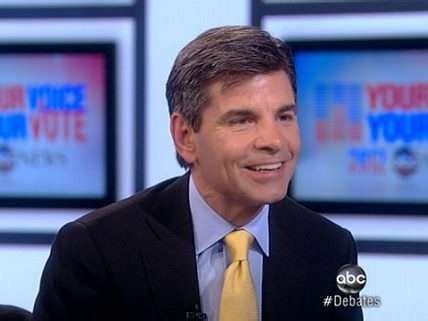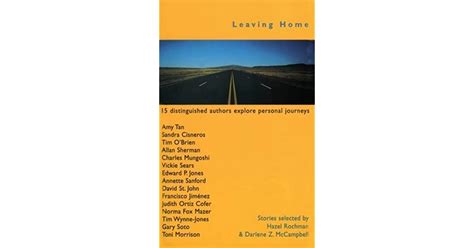A Quote by David Harsanyi
The Bible is filled with intriguing stories about complex and flawed human beings who ponder immense moral questions and engage in colossal clashes with evil.
Related Quotes
The United States of America is a flawed society. As it comprises human beings, it must be flawed. But in terms of the goodness achieved inside its borders and spread elsewhere in the world, it has been the finest country that ever existed. If you were to measure the moral gulf between America and those who despise it, the divide would have to be calculated in light-years.
About 70% of what I've written about is centered on the clashes and conformities between the emerging life and physical sciences and older metaphysical frameworks in the 17th and 18th centuries. The other 30% consists of one-off essays or researches into other intriguing contemporary topics such as visual experience, aesthetics, social justice issues, and the epistemology of moral knowledge.
The angels of the Bible terrify the humans to whom they visit; they startle and scare and even stun the humans. Why? Because in the Bible angels are colossal figures, fiery in light and, more often than not, overwhelming in their power. Angels, then, in the Bible are supernatural beings that humble us in their presence.
The Bible is filled with stories about angels, but many of us have had our view of angels confused by popular misconceptions about them, the principal of which is that angels do not actually exist anymore than fairies do, or wood nymphs or water sprites. But they do exist, and the Bible attests to their existence innumerable times.
Books can make a difference in dispelling prejudice and building community: not with role models and recipes, not with noble messages about the human family, but with enthralling stories that make us imagine the lives of others. A good story lets you know people as individuals in all their particularity and conflict; and once you see someone as a person-flawed, complex, striving-you've reached beyond stereotype.
You cannot be naïve about evil. You cannot be naïve to the reality that there are human beings and human situations which have totally identified with the dark side of reality. They are malicious. Realism teaches you to put up appropriate boundaries so that people can't do any more evil than possible. But that doesn't mean you do evil back to them.
































